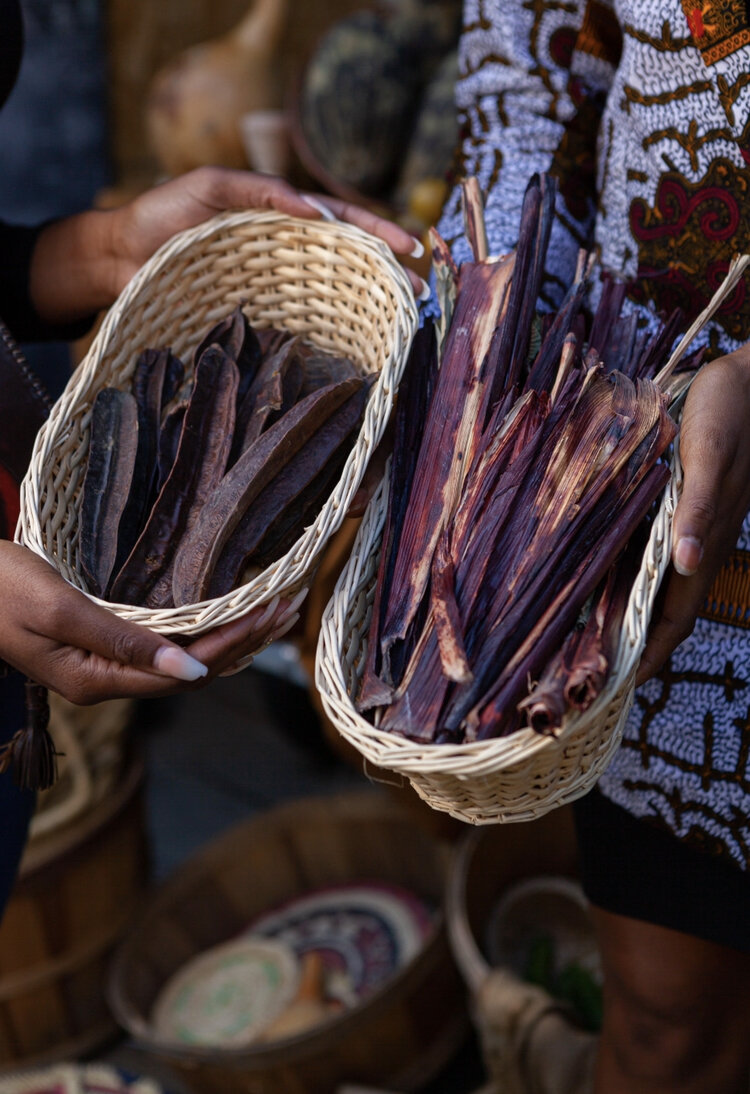The Devaluing Of Native African Foods
The African continent’s grains, fruits, vegetables, tubers, trees, and many aspects of its’ natural ecosystem has fed and sustained humanity. Many Africans, prior to colonialism, consumed culturally and traditionally appropriate foods, such as baobab, millet, fonio, and yams. Many communities in the African continent remained largely dependent on traditional food plants.
Photography: Linda Mensah (Left: Teff grain; Right: Fonio grain)
However, during colonialism, the degradation of native African foods took shape. Indigenous grains, fruits, and vegetables became superseded, scorned, and relegated as poor peoples food. While exportable cash crops such as cocoa, cotton, sugar, and etc were cultured, harvested, graded, and protected against insects, and pests with exceptional investment and research.
With the commodification of food, colonial powers were able to create a market for crops they could economically benefit from.
As native foods were shunned in preference to foreign and imported foods, negative stereotypes classified traditional African foods as undesirable.
Photography: Linda Mensah (Left:: Aidan Fruit known as Prekese; Right: Millet leaves known as waakye leaves)
This impacted research and curiosity on the possibilities of Africa’s own biodiversity, its’ ability to feed its people with its locally grown food, as well as policies to protect indigenous foods.
In the wake of climate crisis, food insecurity, water shortages, and several environmental challenges, many native African foods are now categorized as critical to saving and sustaining ecosystems, vital for food security, and crucial for both their nutritional value and shelf life.
Although, many communities may have lost valuable ways of growing and preserving native foods or may have shifted from growing native foods to cash crops for the market, the role of native African food to sustaining earth’s ecosystem is not forgotten. As native African foods begin to gain momentum as superfoods in the health and wellness market, its important that the shift to valuing native African foods is led by farmers, the communities who are able to sustain, preserve, and cherish these foods. Most importantly, by Africans themselves.

